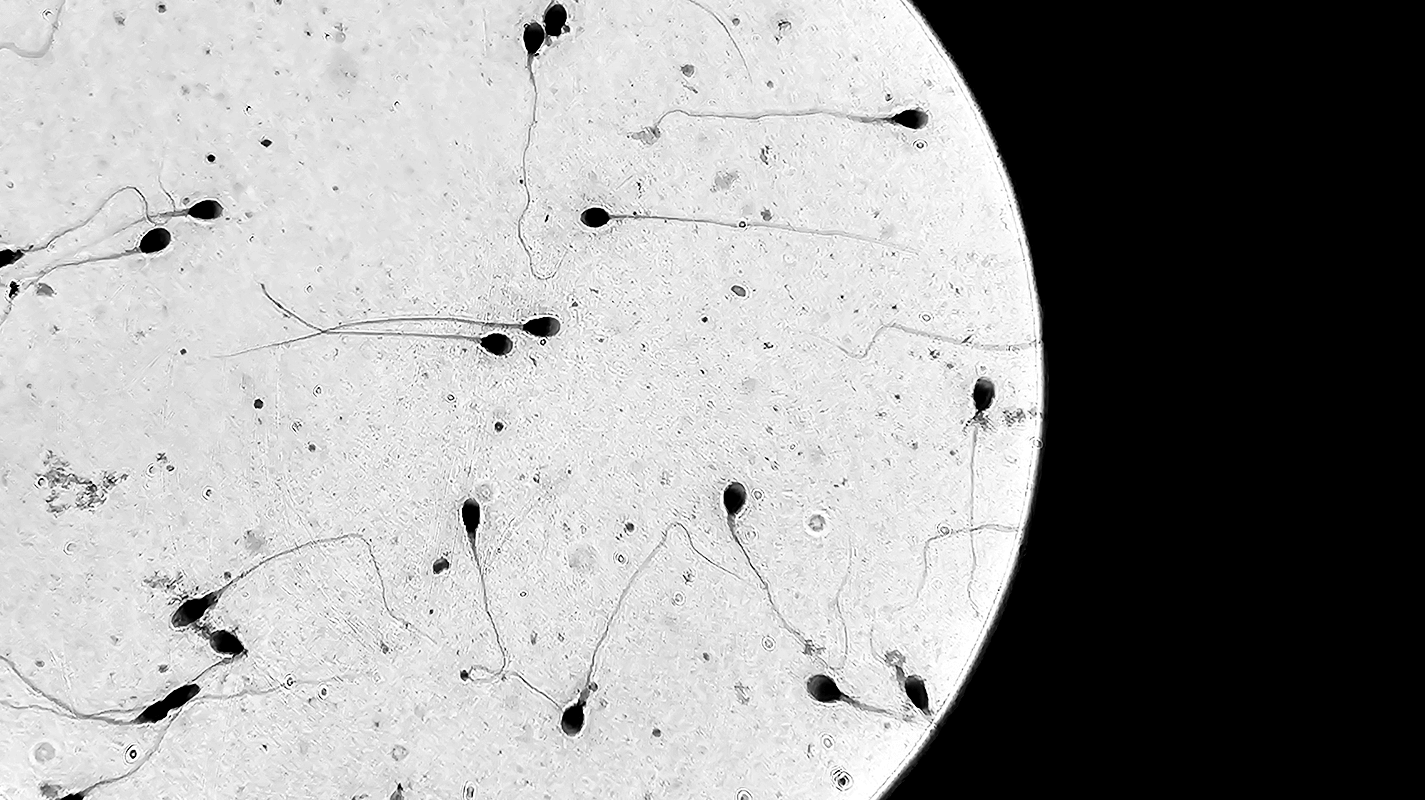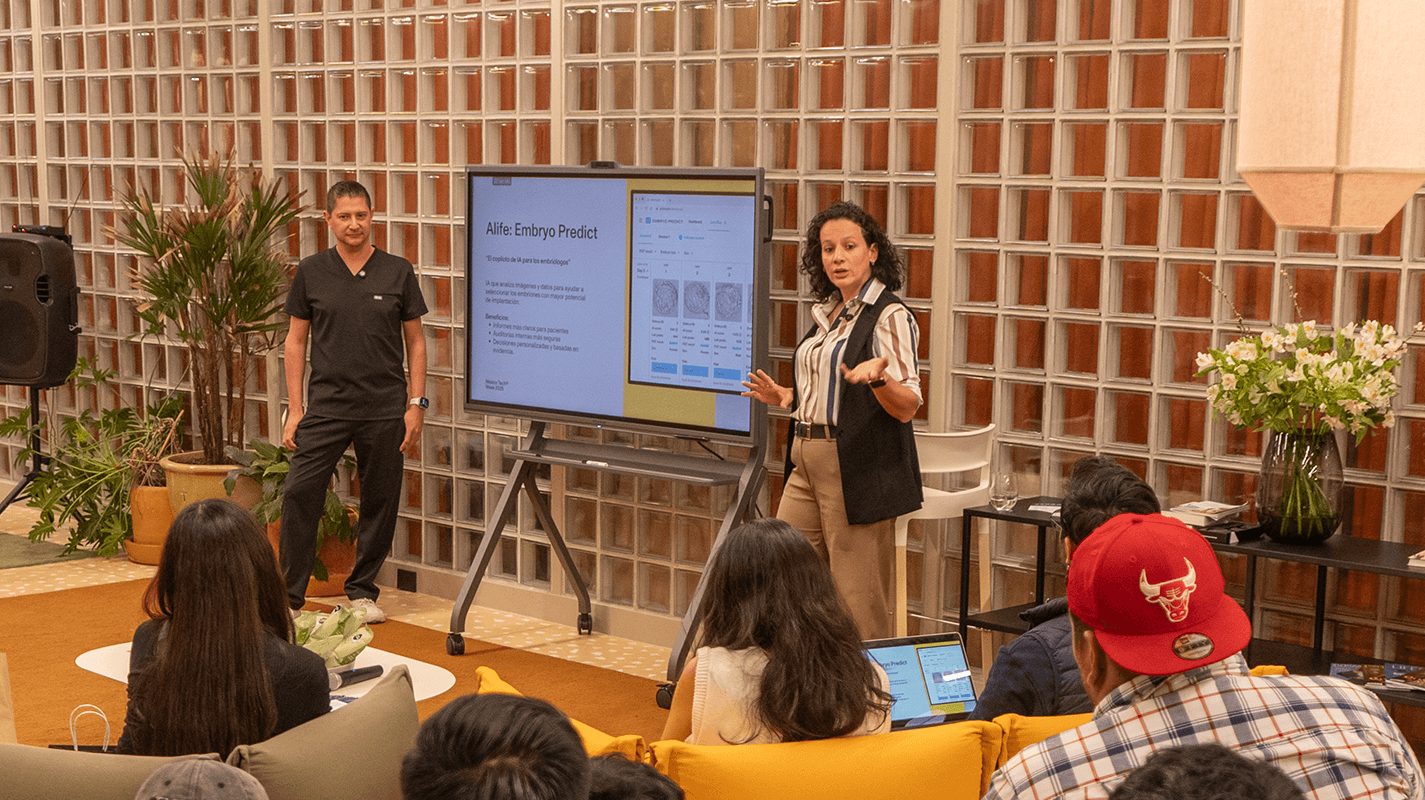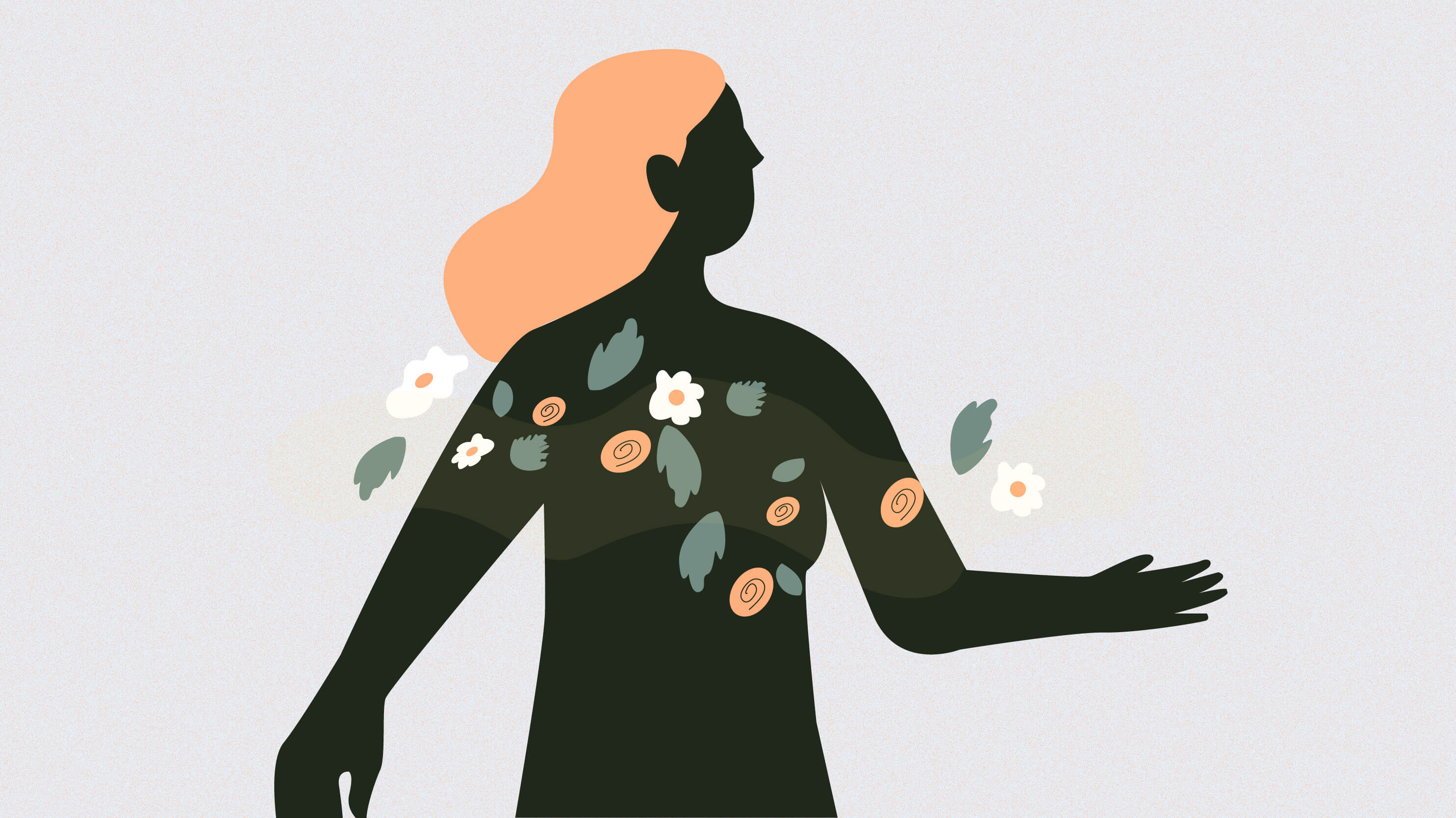Children of the Future: How Will Fertility Change in Latin America?

At Fertilidad Integral, we know that discussing fertility can seem complicated and full of medical terms. But if we look to the future, there is a hopeful story worth telling: a story in which science and inclusion are changing the way families are formed in Latin America.
A Future Where Fertility Is Part of the Conversation
Today, fertility treatments are no longer surprising. In countries like Denmark, more than 8% of births happen thanks to assisted reproduction. Techniques such as in vitro fertilization (IVF) and intracytoplasmic sperm injection (ICSI) have enabled the birth of more than 8 million babies (Dr. David Adamson, International Committee for Monitoring Assisted Reproductive Technologies – ICMART). In Latin America, from 1990 to 2019, more than 955,000 assisted reproduction cycles have been initiated, resulting in around 238,000 births (REDLARA).
If we go back in time to the 1970s, each woman in Latin America had almost 6 children on average (5.9); today, the number has fallen to less than 2 (1.85 in 2020) and is estimated to drop to 1.7 by 2050 (CEPAL, UN). That means it is projected that by 2050, one in ten babies will be born with the support of science (REDLARA, 2021). This shows how more and more women are postponing motherhood or need medical assistance to achieve it.
But beyond the numbers, what matters is what they represent: a social shift, a more open and empathetic way to approach the desire to form a family. Rather than being a taboo topic, assisted fertility is starting to be seen as a natural part of life. Future generations will grow up knowing there are many ways to be a family, and that seeking medical help to achieve it is not a sign of weakness, but of courage.
This is not just a medical achievement. It is a way to tell those facing reproductive challenges: that there is hope! Science also supports those who choose different paths: single women, same-sex couples, and trans people. The future of fertility is also the future of diverse families.
The Children of the Future
Imagine a generation of girls and boys who know they were born thanks to science, love, and the conscious decisions of their mothers, fathers, or caregivers. A childhood without taboos, secrets, or shame—only pride, tenderness, and truth.
Those will be the children of the future. And at Fertilidad Integral, we are thrilled to know that with every treatment, we are helping to build that reality.







